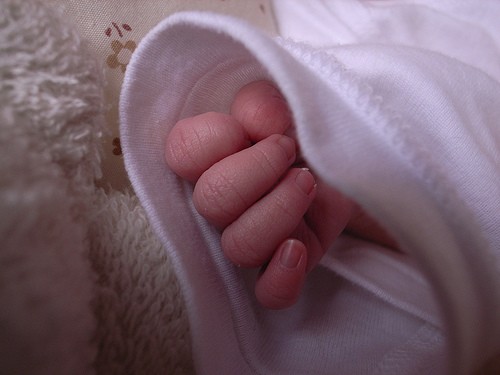
Conceiving with the help of infertility treatments can double the risk of adverse birth outcomes including stillbirth, low birth weight, preterm birth and neonatal death, a new study says.
The study, published in the journal PLOS ONE, looked at more than 300,000 births in South Australia. Researchers from the University of Adelaide identified 4,300 cases conceived with the help of different types of artificial methods currently available to help people who experience difficulties to conceive naturally, including in vitro fertilisation (IVF), intracytoplasmic sperm injection (ICSI), ovulation induction and cryopreservation of embryos.
Results showed that babies conceived with the help of fertility techniques were at a greater risk of being born dead, born early before the due date, weigh low at birth and die within the first 28 days of birth, compared to babies conceived naturally. Severity of the outcome varied with the type of treatment the women underwent to become pregnant.
Interestingly, using frozen embryos was found safer while undergoing the intracytoplasmic sperm injection (ICSI) method, as it helped avoid the severe complications while using fresher ones.
The severe birth outcomes associated with the treatments may be actually caused by the infertility itself than the assisted methods used to conceive, lead study leader Professor Michael Davies, said.
"Women in this group who eventually conceived without the help of invasive assisted reproduction gave birth to babies who were nine times more likely to have very low birth weight, seven times more likely to be very preterm, and almost seven times more likely to die within the first 28 days of birth," Professor Davies said in a news release. "This may be due to the underlying medical conditions related to their infertility, or the use of fertility medications or therapies that are not recorded."
The findings come at a time when infertility has become a major problem among Indian couples, including the young generation. Safety of using different techniques to conceive has long been a hot topic of discussion around the world. Several studies in the past have linked infertility treatments to breast cancer, blood clots, skin cancer melanoma in women; birth defects, asthma and cancer in children.













